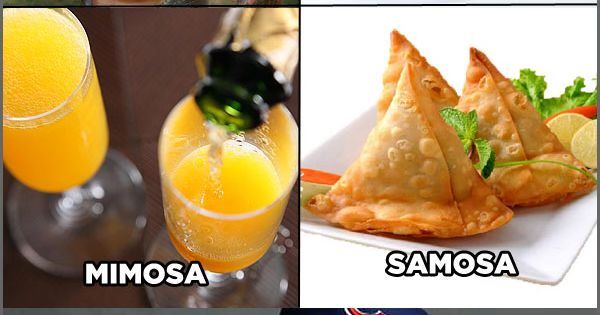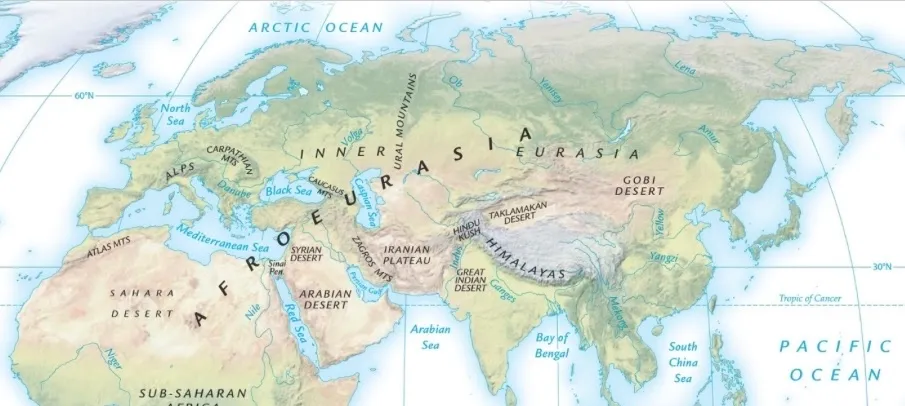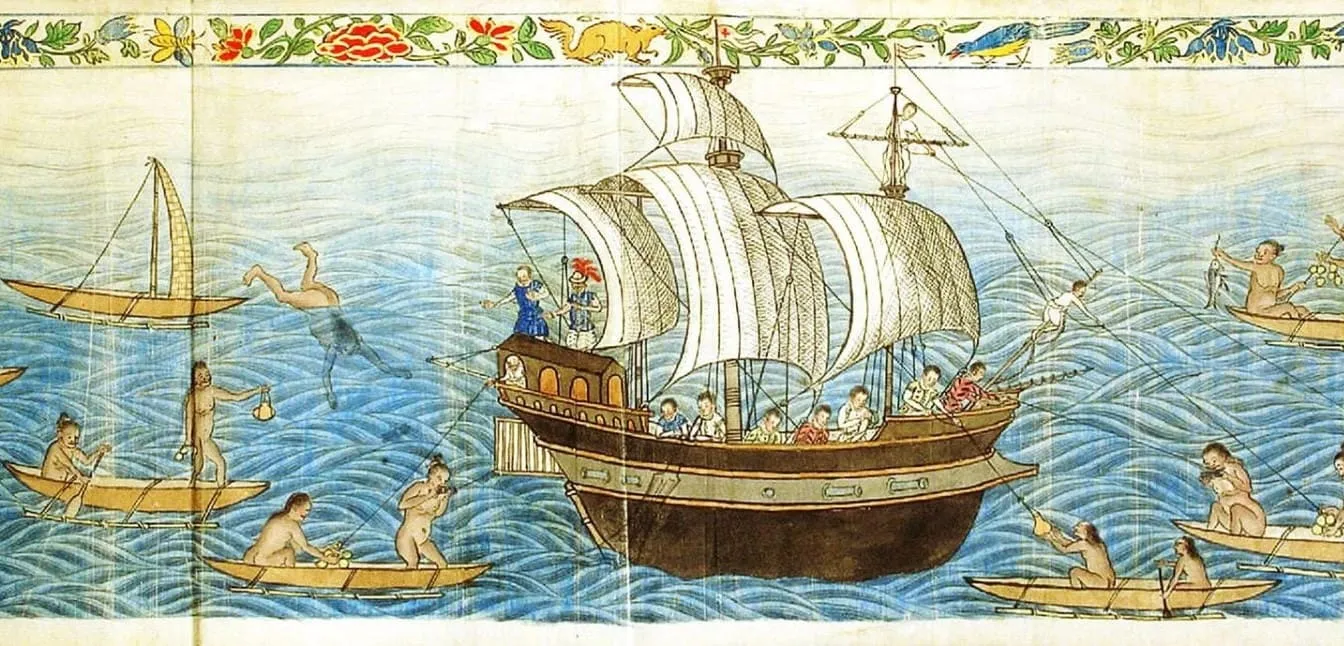The Best History Lesson…. Is the One You Design Yourself
How to design the perfect history lesson

Table of Contents
One of the joys of teaching is that magical moment when your perfectly crafted lesson turns out even better than you imagined. The students are excited for the whole period, and the class almost runs itself. We wish every class could be like that. I’m not going to promise you every class will go without a hitch, but I will tell you every teacher can design their best history lesson.
Your perfect lesson will not be found online or in a premade curriculum. You definitely won’t find it on Liberating Narratives. Your perfect lesson is going to be one you design yourself.
As teachers, you know best what your strengths are. Maybe you love a creative project. Perhaps you like a good debate. Maybe you’re like me and love an engaging Socratic seminar. Possibly, you even know how to craft an exciting ten-minute lecture. Whatever you feel most comfortable doing, do it. We occasionally need to step out of our comfort zones, but we also want to become masters of at least one teaching style.
The key to becoming a master lecturer or a master project designer is that you also need to know your students. You need to take the time to get to know them as people and not just as names on the roster. Let them tell you what excites them about learning. Let them tell you what kind of learners they are. Let them share how they struggle. Let them tell you their funniest joke. As you think about your strengths, identify how your strengths match their strengths. Find that happy middle ground.
Finally, leave room for spontaneity and laughter. If you’re trying to follow a rigid schedule, something will inevitably go wrong. And we learn best when we make mistakes. Some of my most memorable classes were when things went a little unexpected, and we laughed. I will never forget the class where a student was convinced she knew what a samosa was. She explained that her mother loves to have samosas with her Sunday brunch. The student said she only had one sip, and that’s when I realized she was talking about mimosas, not samosas.

The whole class started laughing, but I quickly jumped in and let her know that we all make mistakes. I once mistakenly said placenta instead of polenta. The whole exchange only took a few minutes, but everyone was laughing, and the endorphins were flowing. The rest of the class was about Mughal commerce (there was a reason I mentioned samosas), and it went great.
When we create bonds with our students, they want to be engaged in the class. They see you as their ally rather than as their teacher. As I wrote previously:
We must remember that we are not teaching machines; we are humans with personalities. When we share some of ourselves with students and invite them to share, we build a relationship of trust that helps students stay engaged no matter the quality of our lesson plans.
Next time you find out you’re being observed and want to have that perfect lesson, look inward. Look at who your students are as people. Find that happy medium where we are less concerned about outlining all the steps or crafting the perfect handout and more concerned about how we interact with our students. That’s where you will find your perfect lesson.
Liberating Narratives is written by Bram Hubbell. If you’ve valued reading this post, please consider becoming a paid subscriber. Your financial contribution supports independent, advertising-free materials for teachers. Thank you, friends.
If you would like, please forward this message to a friend or colleague and let them know where they can subscribe. (Hint: it's here.)
If you have any comments or suggestions, please share them with me or post them below. I can also be reached on Twitter, Facebook, Instagram, Threads, Mastodon, Bluesky, and email.
Liberating Narratives Newsletter
Join the newsletter to receive the latest updates in your inbox.



